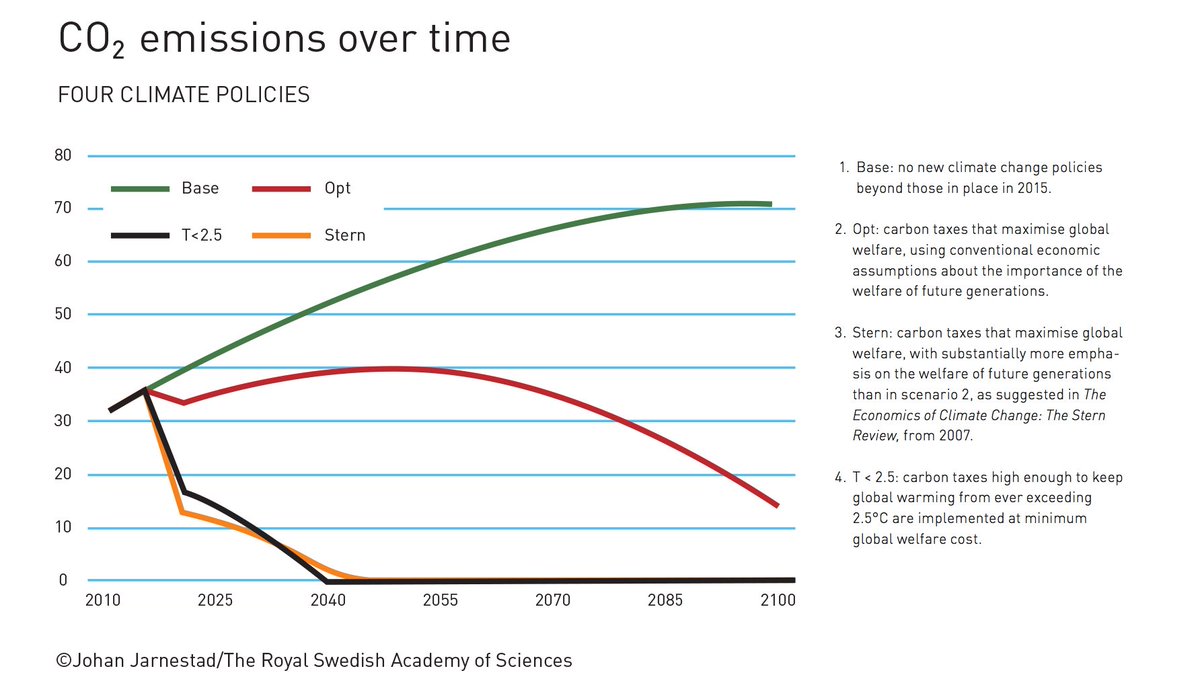- https://wwwnc.cdc.gov/travel/notices/watch/measles-brazil
- https://www.washingtonpost.com/news/world/wp/2018/10/31/feature/as-venezuelas-health-system-collapses-disease-spreads-beyond-its-borders/
- https://www.sbs.com.au/news/at-least-54-children-dead-in-venezuela-measles-outbreak-ngo)
Venezuela's, More Like Latin America's, Spillover Disease Epidemic
By Liv Przydzial
Venezuela was a relatively poor country to begin with, but with its economy in a state of constant turmoil and crisis, only a staggeringly small amount of people are able to get vaccinated for measles. Venezuela hasn't seen measles in years, but in the Brazilian Amazon, Venezuela's next-door neighbor, measles have recently been devastating the region. Diphtheria, a bacterial infection affecting the nose and throat areas, is extremely rare here, but has now taken over Venezuela's people, who cannot afford to be vaccinated (this disease is easily prevented with a single vaccination, but considering the economic state of the country and its people, it is with no surprise that they cannot afford such vaccinations for such a (previously) rare disease). With more than 170 new cases every week, the epidemic is spreading at an astronomical rate, and diffusing into neighboring Latin American countries. Furthermore, many doctors are inexperienced when it comes down to measles, given that most had never seen a single case of this or other introduced diseases in their entire careers, only reading about them in textbooks.
 |
| Pictured above is a measles patient with her mother at Delphina Rinaldi Abdel Aziz Hospital in Venezuela. She ended up pulling through and surviving the disease. |
Containing these diseases, let alone treating them, has become an increasing challenge over the last handful of years. Doctors complain of the holes in the walls in disease wards. Some point to the overlooked slipping of Venezuela's health care system as the culprit for this growing crisis, while others look to the collapse of the country as a whole. Vaccines aren't being delivered to hospitals, and even the capital's largest hospital, Caracas University Hospital, has reported that it has not received new shipments of vaccines due to the inability to transport them. Cars and trucks are dysfunctional due to the lack of spare parts needed for them to be fixed and to function and the many blocked roads. Many doctors fear voicing their opinion on the issue, as making one wrong move could lead to a potentially fatal avalanche of government reprisals.
 |
| Workers from the Health Surveillance Foundation are pictured preparing measles vaccines for waiting patients. |
Want to learn more? Here's a quick video on herd immunity, which directly discusses measles as an example. (The video wouldn't upload, so here's the link: https://www.sbs.com.au/news/at-least-54-children-dead-in-venezuela-measles-outbreak-ngo)



